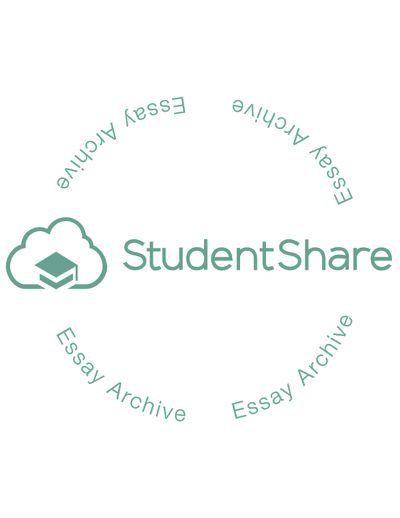Cite this document
(On Kiplings The Jungle Books and Children in 1894-1895 Book Report/Review, n.d.)
On Kiplings The Jungle Books and Children in 1894-1895 Book Report/Review. https://studentshare.org/english/1852076-the-jungle-books-by-rudyard-kipling-english-history-imperialism-and-attidues-towards-children
On Kiplings The Jungle Books and Children in 1894-1895 Book Report/Review. https://studentshare.org/english/1852076-the-jungle-books-by-rudyard-kipling-english-history-imperialism-and-attidues-towards-children
(On Kiplings The Jungle Books and Children in 1894-1895 Book Report/Review)
On Kiplings The Jungle Books and Children in 1894-1895 Book Report/Review. https://studentshare.org/english/1852076-the-jungle-books-by-rudyard-kipling-english-history-imperialism-and-attidues-towards-children.
On Kiplings The Jungle Books and Children in 1894-1895 Book Report/Review. https://studentshare.org/english/1852076-the-jungle-books-by-rudyard-kipling-english-history-imperialism-and-attidues-towards-children.
“On Kiplings The Jungle Books and Children in 1894-1895 Book Report/Review”. https://studentshare.org/english/1852076-the-jungle-books-by-rudyard-kipling-english-history-imperialism-and-attidues-towards-children.


